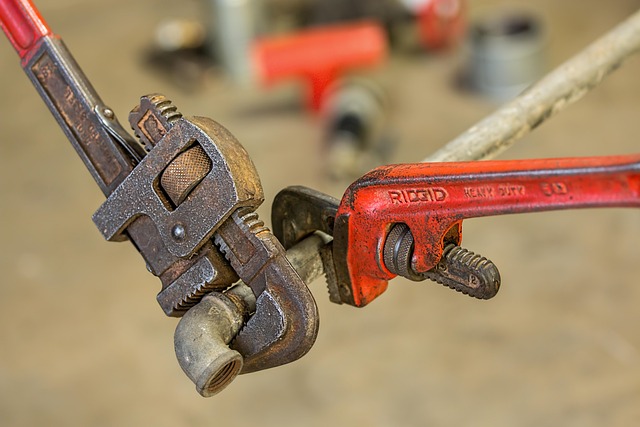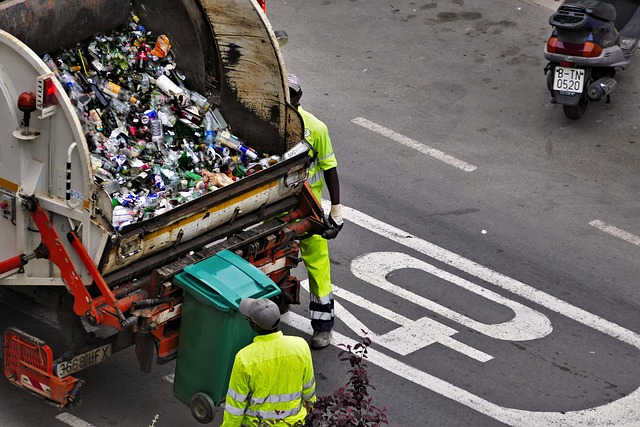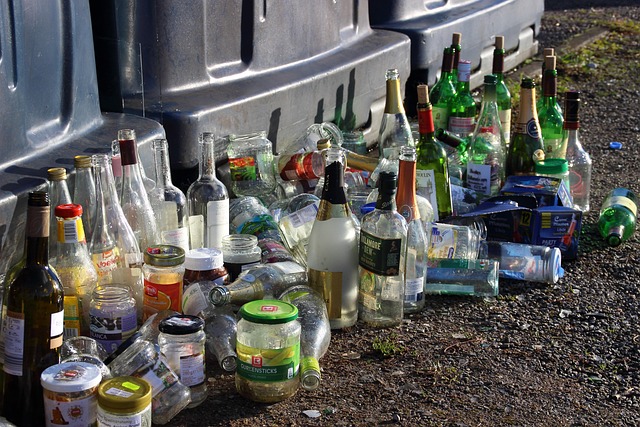Commercial e-waste recycling Boston is crucial for environmental protection, with specialized centers processing toxic materials from discarded electronics. The city offers convenient drop-off points and collection events, promoting responsible tech waste management. Future advancements in AI and closed-loop systems aim to increase recycling rates globally, ensuring a greener digital future.
In today’s digital age, managing electronic waste (e-waste) properly is crucial. This comprehensive guide explores the intricate world of e-waste recycling, focusing on Boston as a leader in commercial practices. We’ll delve into what constitutes e-waste, its impact, and how businesses can navigate sustainable disposal methods. Additionally, we’ll uncover innovative tech solutions shaping the future of eco-friendly e-waste management, providing practical steps for both individuals and organizations to contribute to this vital cause.
- Understanding E-Waste: What Needs Recycling?
- Commercial Recycling: Boston's Role and Options
- Proper Disposal: Steps for Individuals & Businesses
- Future of Recycling: Tech Innovations in E-Waste Management
Understanding E-Waste: What Needs Recycling?

E-waste, or electronic waste, is a growing concern in today’s digital age. It encompasses a wide range of discarded electronic items, from outdated computers and mobile phones to small appliances and lighting equipment. Proper recycling of e-waste is essential due to the potential environmental and health hazards associated with improper disposal. Many materials found in electronic devices contain toxic substances like lead, mercury, and cadmium, which can contaminate soil and water if not handled correctly.
When we talk about e-waste recycling, it’s crucial to distinguish between different categories. Commercial e-waste recycling Boston involves specialized processes for various electronic components. For instance, computers and servers require proper disposal of precious metals and plastics, while mobile phones may contain hazardous materials like lithium. Local Boston IT asset recycling centers and e-scrap recyclers play a vital role in ensuring these materials are processed safely and responsibly, contributing to an eco-friendly tech waste disposal approach.
Commercial Recycling: Boston's Role and Options
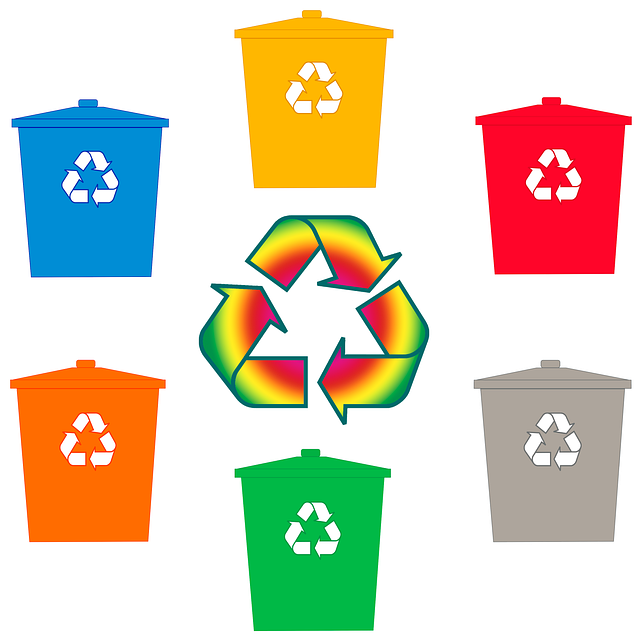
Boston, a hub for innovation and sustainability, plays a significant role in commercial e-waste recycling within Massachusetts. The city offers numerous options for businesses to responsibly dispose of their electronic waste. Commercial recycling programs in Boston are designed to accommodate the unique needs of local businesses, ensuring that e-waste is processed efficiently and safely.
Businesses can participate in regular e-waste collection events organized by local initiatives or utilize various drop-off points throughout the city. These convenient e-waste drop-off locations make it easy for companies to recycle their obsolete electronics. By engaging in these recycling programs, Boston businesses contribute to a greener environment, reducing electronic waste that ends up in landfills and promoting the recovery of valuable materials.
Proper Disposal: Steps for Individuals & Businesses
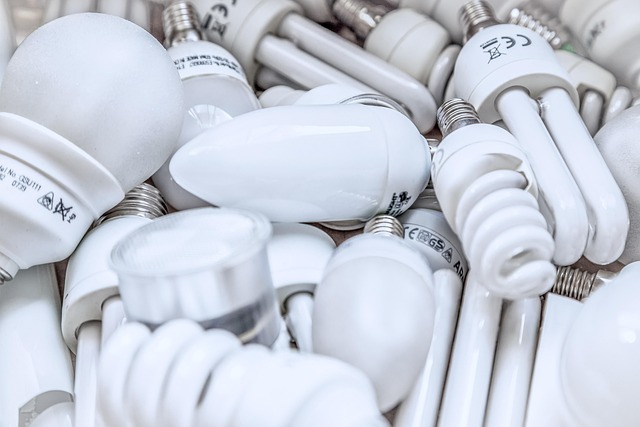
Proper disposal of e-waste is crucial for both individuals and businesses to ensure environmental sustainability in Boston. When it comes to recycling old computers, monitors, and other electronic scraps, there are several steps everyone can take. Firstly, research local commercial e-waste recycling programs in Boston that cater to both residential and business needs. These programs often provide collection events or pick-up services for various types of electronics.
Businesses, in particular, should consider implementing a comprehensive business electronics recycling program. This involves encouraging employees to drop off their old devices responsibly, ensuring data security during the disposal process, and choosing partners that offer eco-friendly solutions for recycling electronic scraps near Boston. By following these practices, individuals and businesses can actively contribute to the protection of our environment while also keeping up with sustainable technologies.
Future of Recycling: Tech Innovations in E-Waste Management

The future of e-waste recycling looks promising, with technological innovations that are transforming commercial e-waste management in Boston and beyond. Advanced sorting and recovery technologies are becoming increasingly sophisticated, enabling efficient extraction of valuable materials from complex electronic components. These breakthroughs promise higher recycling rates and reduced environmental impact.
One exciting trend is the integration of artificial intelligence (AI) and machine learning algorithms to optimize recycling processes. AI can analyze vast amounts of data, identify patterns in e-waste composition, and predict material recovery outcomes. This ensures that recycling centers accepting business gear, including those in Boston, can tailor their methods for maximum efficiency. Additionally, the rise of closed-loop recycling systems aims to recycle mobile devices and other business equipment indefinitely, minimizing the need for new raw materials and closing the loop on electronic waste generation.
E-waste recycling is a collective responsibility, and with proper understanding and access to efficient systems like those available through Boston’s commercial recycling programs, we can significantly reduce environmental impact. By following best practices for both individuals and businesses, and keeping an eye on technological advancements in e-waste management, we can ensure that our electronic devices are reused, repurposed, or recycled responsibly. This collective effort is crucial in preserving our planet’s resources and shaping a more sustainable future.
